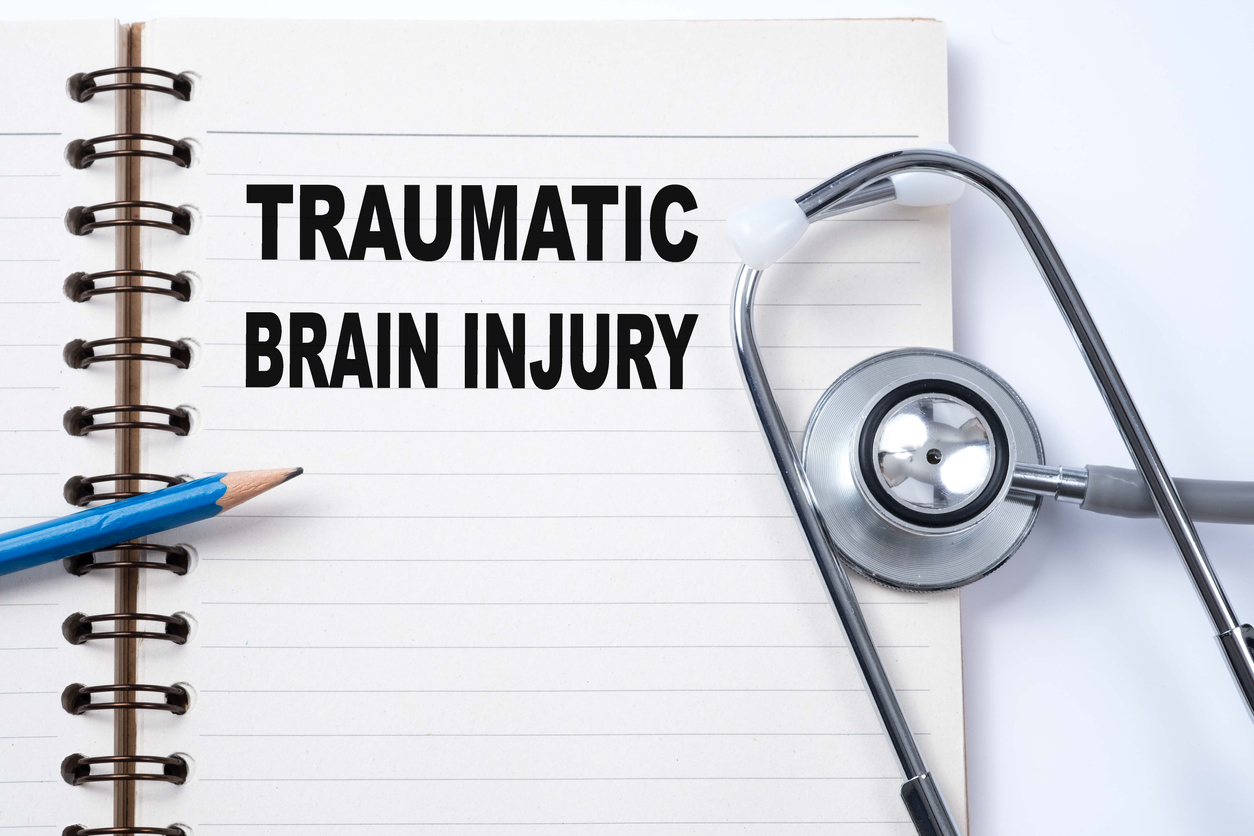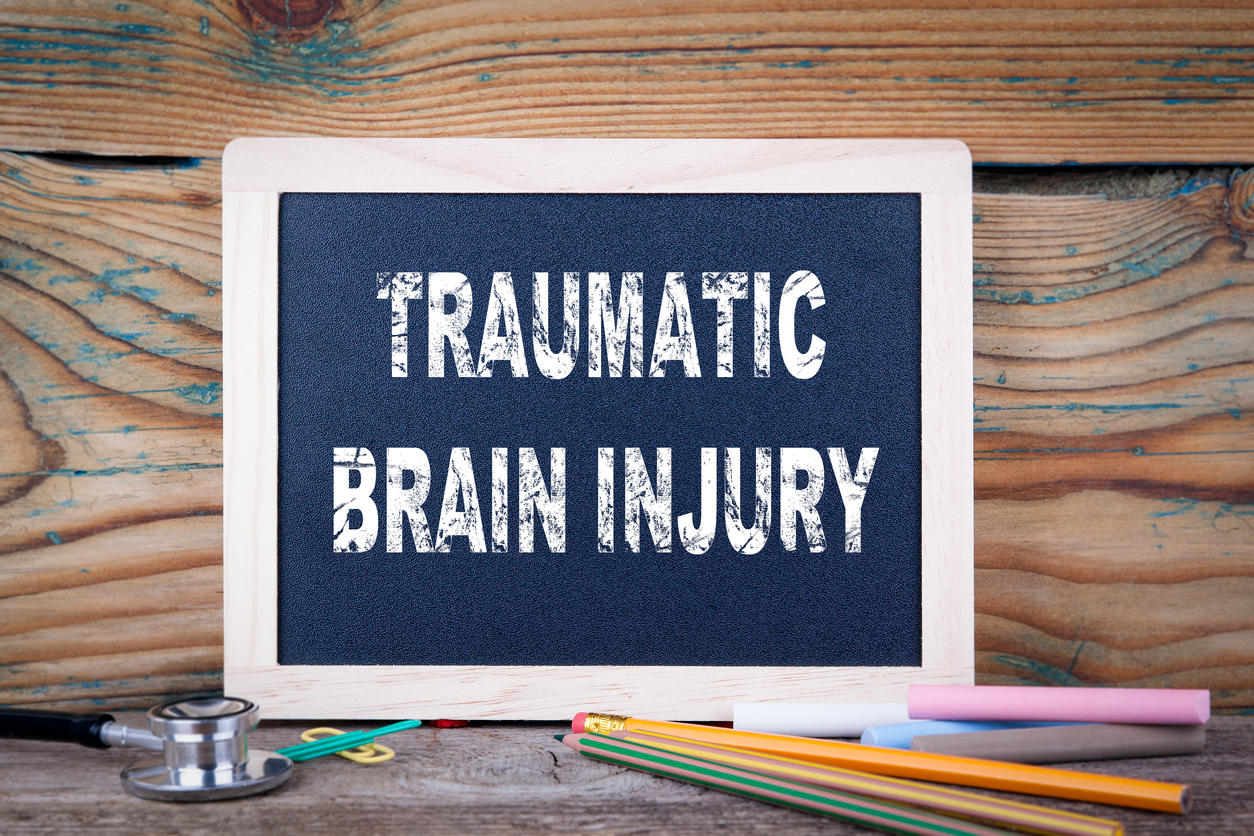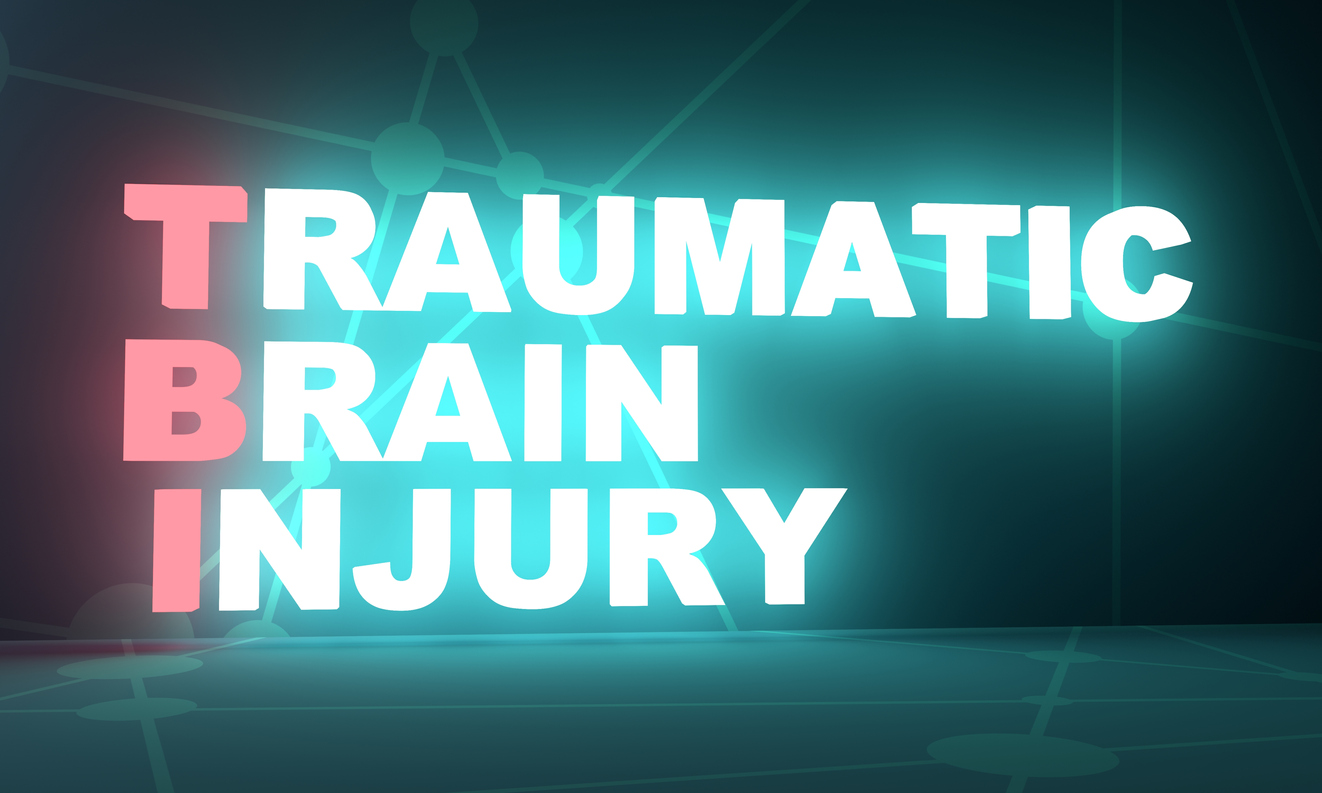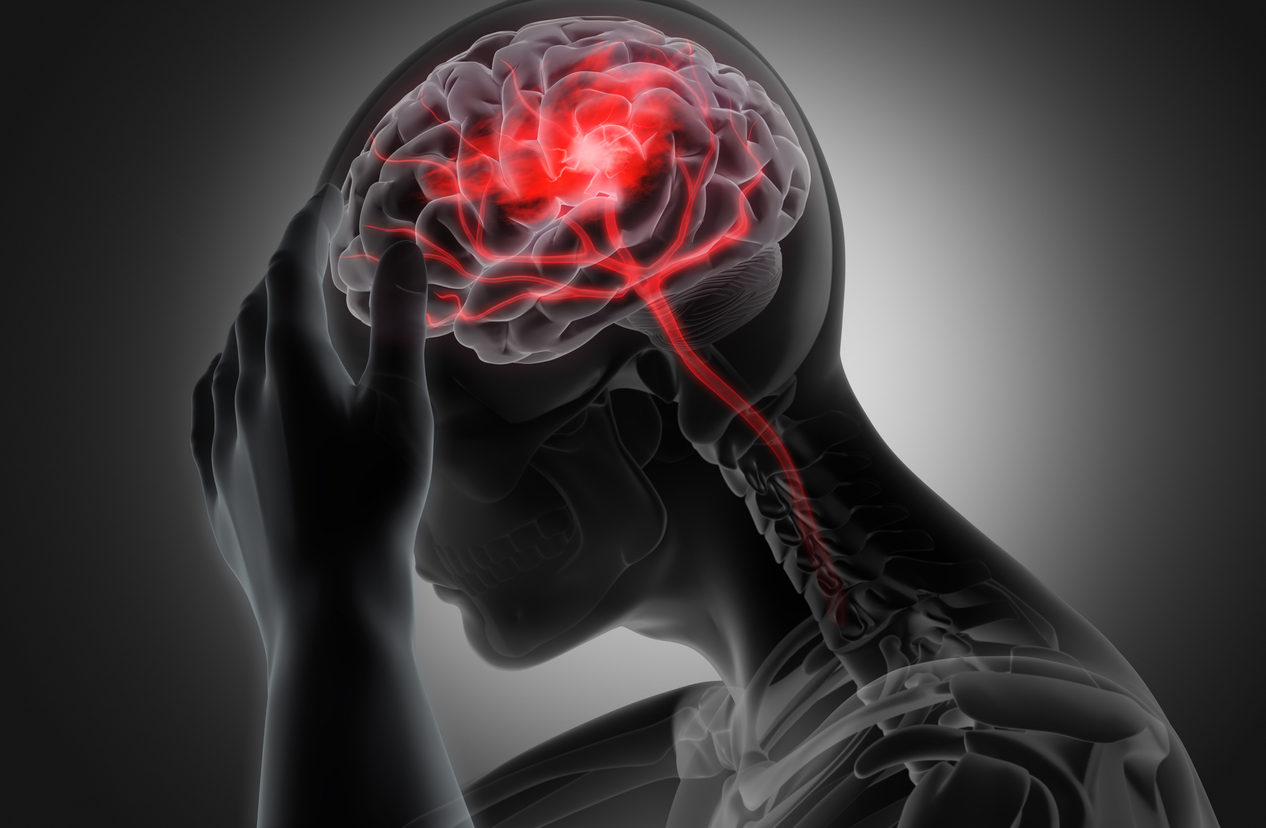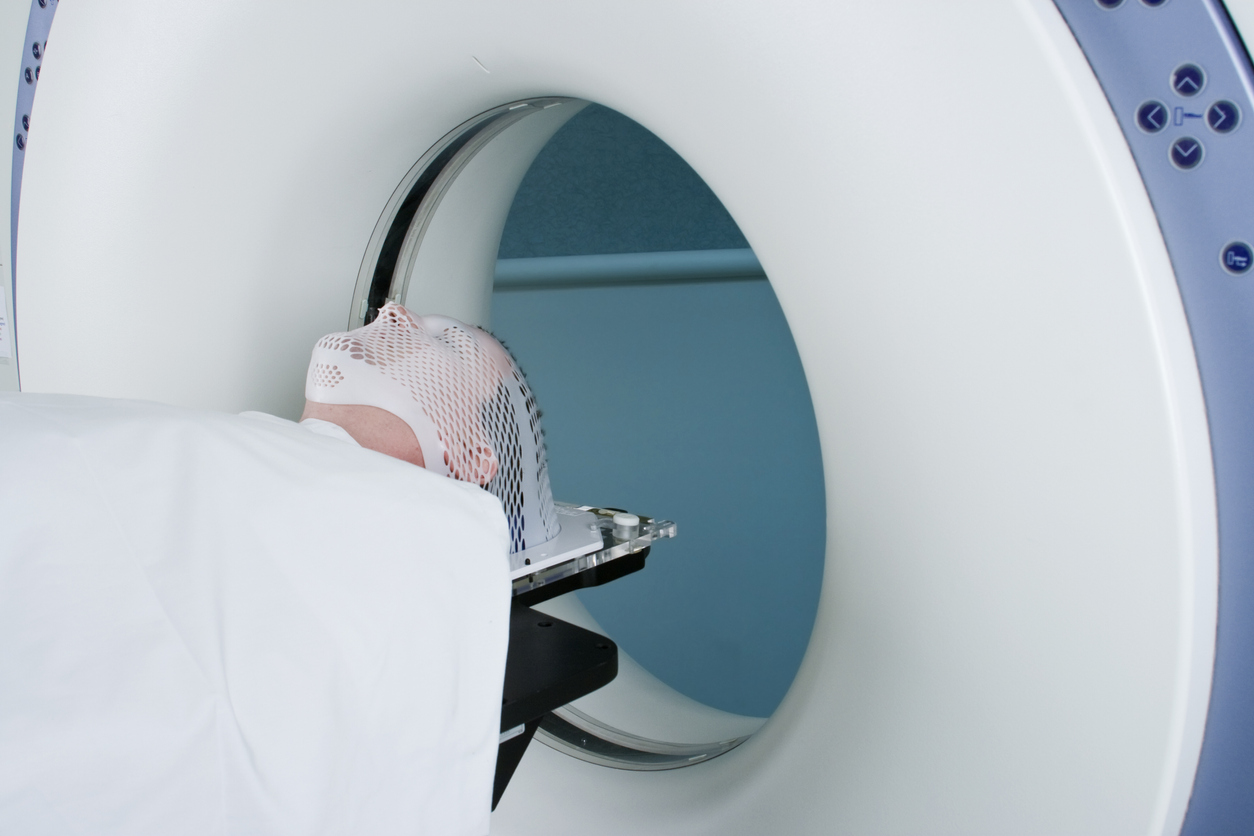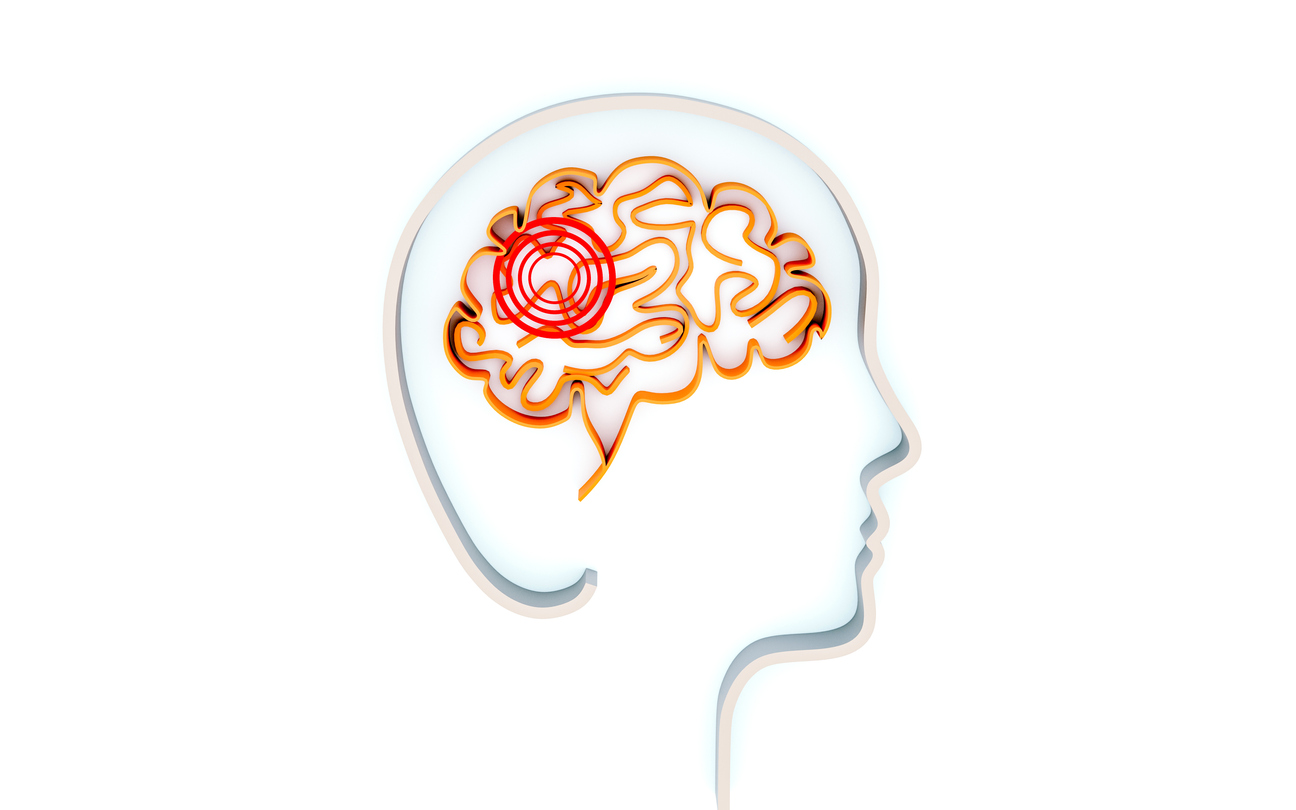Pain
How a Traumatic Brain Injury Can Change an Individual

What is a traumatic brain injury?
A traumatic brain injury (TBI) is a type of brain damage that occurs as a result of an injury to the head. This type of injury may be non-penetrative, such as a blow to the head, or penetrative, such as a gunshot wound. The severity of a TBI depends on various factors, and the lasting effects can range from a few days to permanent brain damage or, in severe cases, death. A concussion is the most common type of traumatic brain injury.
Changes in an individual following a traumatic brain injury
The effect that a traumatic brain injury has on brain function is typically classified as mild, moderate or severe. Movement and speech may alternate between improving and worsening. Often, individuals process thoughts in “slow motion” following a TBI and need additional care.
While some symptoms may disappear over time, others may result in permanent disability. A TBI can cause changes in cognitive behavior, motor skills, sensory, communication, physical abilities, social skills, regulating actions, personality, psychiatric well-being, and physical health.
Cognitive deficiency
Problems with cognitive behavior are frequently a result of a TBI. These issues may include the following:
- Inability to problem-solve
- Amnesia or memory issues
- Confusion
- Short attention span
- Coma
- Judgment inefficiency
- Lost sense of time or space
- Incapable of understandings feelings
- Insufficient in completing more than one or two commands at a time
- Lower awareness of others and self
Motor deficiency
Certain motor skills may be negatively affected by a TBI. They can include the following:
- Poor balance
- Problems swallowing
- Paralysis or weakness
- Tremors
- Spasticity
- Lower endurance
- Inability to plan movements
- Loss of coordination
Sensory or perception deficiency
Certain perceptual or sensory issues may occur. They may include the following:
- Changes in vision, such as double vision, limited range of vision, or loss of visual sharpness
- Altered senses, such as hearing, vision, taste, smell and touch
- Difficulty relating where the limbs are on the body
- Heightened sense or less sensation of body parts
- Left or right sided neglect
Language and communication deficiency
A TBI can cause difficulty speaking and communicating effectively. Examples include the following:
- Difficulty reading, writing, or working with numbers
- Inability to find the correct words to say
- Problems identifying objects and their purpose
- Slowed speech
- Decreased vocabulary
- Struggling to speak and understand speech
- Incapable of forming coherent sentences
- Awkwardness performing everyday tasks, such as brushing the teeth
Functional deficiency
The failure to complete functions that were once easy may occur following a TBI. This may include the following:
- Changes in the ability to perform daily living tasks, such as eating, dressing and bathing
- Inability to drive or operate machinery
- Incompetence with shopping, paying bills, or organization skills
Social deficiency
When a traumatic brain injury occurs, there are various social skills that can be impacted. Examples include the following:
- Difficult interpersonal relationship
- Problems understanding and responding to variations of social interaction
- Struggles making and keeping friends
Regulatory disturbances
The ability to manage and adjust to a TBI can result in regulatory disturbances. They may include the following:
- Dizziness
- Headache
- Fatigue
- Changes in eating habits and sleep patterns
- Lost control of bladder or bowel functions
Personality or psychiatric disturbances
Various changes can occur to a person’s personality or mental well-being due to a TBI. These changes may include the following:
- Irritability
- Decreased motivation
- Lack of interest
- Changes in emotions
- Anxiety and depression
- Inappropriate sexual behavior
- Aggressiveness
- Increased cursing
- Expressing anger
Health changes
Brain cells that are damaged or destroyed may not regenerate or reroute. This can result in various health concerns, which may improve over time or become permanent. Examples include the following:
- Coma
- Traumatic epilepsy
- Chronic pain
- Brain infections
- Blood clots
- Headaches and migraines
- Stroke
- Inability to swallow
- Narrowing of blood vessels
- Loss of walking abilities
- Nerve damage
- Breakdown of brain cells
